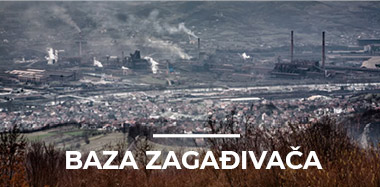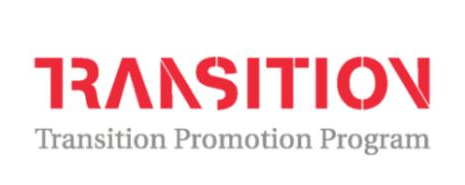The right of access to information is the first pillar of the Aarhus Convention. As such it is directly linked with democracy and transparency of public administration. The principles of the first pillar established a right that every person receives official environmental information held by public institutions. In this connection, it is not necessary to specifically explain the reason for the requested information, as it is not only that the applicant must be a citizen or resident of Bosnia and Herzegovina.
What is meant by "environmental information"?
The term "environmental information" implies that the public is entitled to request information about:
- State of the environment and its elements: air, water, land, landscape, natural values, etc .;
- Biodiversity including GMOs;
- Factors such as certain substances, energy, noise, radiation, disposal or discharge, etc., which is likely to have impact on the environment;
- Plans, programs, implementation of policies, legislation, economic analyzes, etc .;
- The state of human health, public safety, living conditions,
- State of cultural values and built structures that could have or have an impact on the environment.
The public may request written information (documents), as well as visual, audio or electronic data. In any case, the data must be present in the material form.
Who to ask?
The public may request information from any public institution, in other words by:
- administrative body / service (state, entity, cantonal and local),
- from any natural or legal persons in public administration, especially in relation to the environment,
- or institutions responsible for the provision of public services relating to the environment under the control of a body mentioned above.
Can public institution refuse to inform the public?
Public institutions and authorities may refuse to make the information publicly available in certain circumstances set forth in the Convention. Interpretation of the reasons for refusal must be explained very accurately and be related to the benefits of public interest. Furthermore, public institutions and authorities must explain why the request for information refused to allow the applicant to appeal against such decisions.












